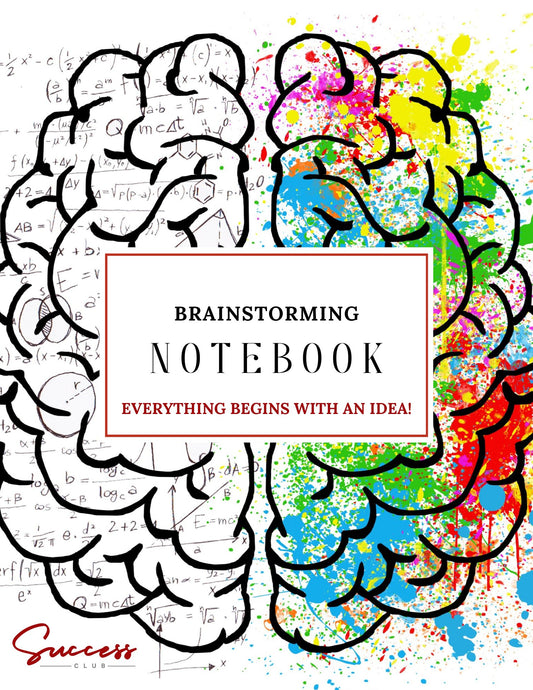Kwanzaa, celebrated from December 26 to January 1, is a vibrant, meaningful holiday rooted in African traditions and cultural heritage. Created by Dr. Maulana Karenga in 1966, Kwanzaa aims to honor African-American community values and foster a collective spirit of unity and self-determination. At the heart of this celebration lie the Nguzo Saba, or the Seven Principles, which guide the community in its journey toward empowerment and purpose.
Here is an exploration of the Seven Principles and their relevance to our lives today:
1. Umoja (Unity)
To strive for and maintain unity in the family, community, nation, and race.
Unity is the cornerstone of Kwanzaa. It reminds us that collective strength comes from embracing togetherness. Whether within families or communities, Umoja teaches us the importance of standing united in the face of challenges and celebrating our shared goals.
2. Kujichagulia (Self-Determination)
To define ourselves, name ourselves, create for ourselves, and speak for ourselves.
Kujichagulia inspires us to take ownership of our identity and destiny. It challenges us to move beyond external definitions and shape our own narrative, ensuring that our voices are heard and respected.
3. Ujima (Collective Work and Responsibility)
To build and maintain our community together and make our brothers' and sisters' problems our problems, and to solve them together.
This principle emphasizes collaboration and mutual responsibility. Ujima calls for active participation in uplifting the community, reminding us that shared success is achievable through collective effort.
4. Ujamaa (Cooperative Economics)
To build and maintain our own stores, shops, and other businesses and to profit from them together.
Economic empowerment is essential for a thriving community. Ujamaa encourages us to support local businesses and invest in communal growth, ensuring economic sustainability and independence.
5. Nia (Purpose)
To make our collective vocation the building and developing of our community in order to restore our people to their traditional greatness.
Nia inspires us to act with intention and focus on long-term goals. It challenges us to align our personal ambitions with the broader objective of strengthening the community and preserving cultural heritage.
6. Kuumba (Creativity)
To do always as much as we can, in the way we can, in order to leave our community more beautiful and beneficial than we inherited it.
Creativity fuels progress and innovation. Kuumba encourages us to use our talents to enhance our surroundings and contribute positively to the world, leaving a lasting legacy for future generations.
7. Imani (Faith)
To believe with all our hearts in our people, our parents, our teachers, our leaders, and the righteousness and victory of our struggle.
Faith serves as the spiritual foundation of Kwanzaa. Imani calls on us to trust in the resilience and potential of our community, even in the face of adversity.
Bringing the Principles to Life
Celebrating Kwanzaa goes beyond lighting the kinara (candle holder) or reciting the principles; it is about living these values daily. By integrating Umoja, Kujichagulia, Ujima, Ujamaa, Nia, Kuumba, and Imani into our lives, we honor our ancestors and inspire future generations.
Let us embrace the spirit of Kwanzaa not only during the holiday season but throughout the year. Through unity, determination, and a shared purpose, we can continue to build vibrant, empowered communities that reflect the beauty and strength of our heritage.

Order Your Kwanzaa Mug
















